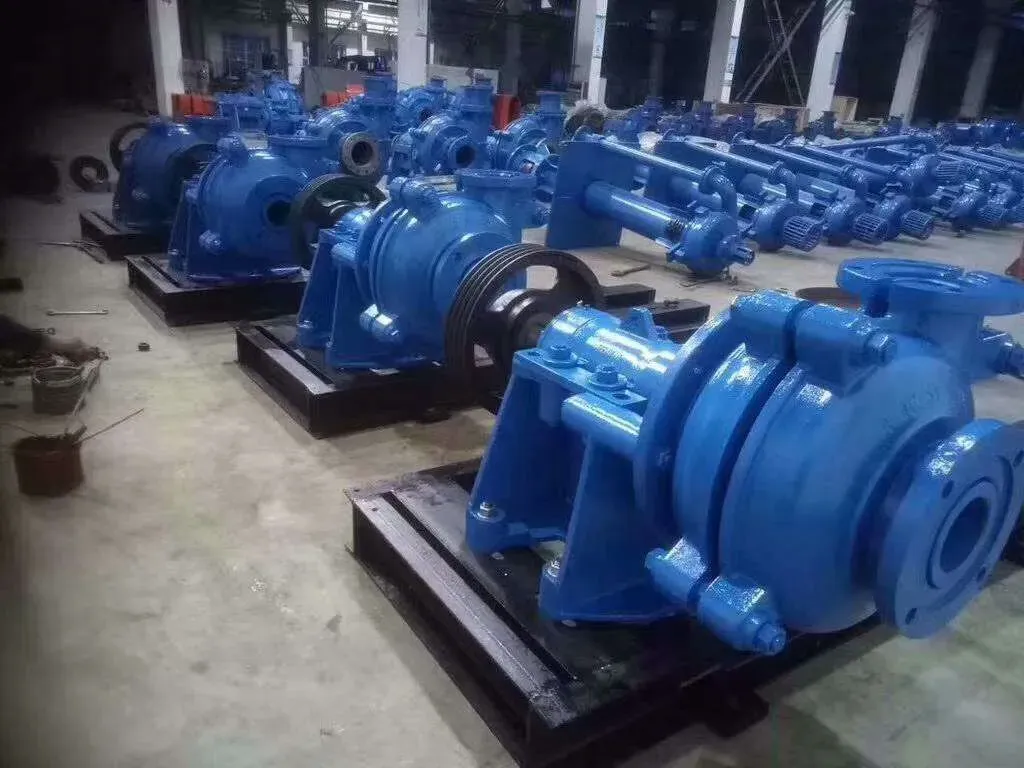Malayalam
- Afrikaans
- Albanian
- Amharic
- Arabic
- Armenian
- Azerbaijani
- Basque
- Belarusian
- Bengali
- Bosnian
- Bulgarian
- Catalan
- Cebuano
- Corsican
- Croatian
- Czech
- Danish
- Dutch
- English
- Esperanto
- Estonian
- Finnish
- French
- Frisian
- Galician
- Georgian
- German
- Greek
- Gujarati
- Haitian Creole
- hausa
- hawaiian
- Hebrew
- Hindi
- Miao
- Hungarian
- Icelandic
- igbo
- Indonesian
- irish
- Italian
- Japanese
- Javanese
- Kannada
- kazakh
- Khmer
- Rwandese
- Korean
- Kurdish
- Kyrgyz
- Lao
- Latin
- Latvian
- Lithuanian
- Luxembourgish
- Macedonian
- Malgashi
- Malay
- Malayalam
- Maltese
- Maori
- Marathi
- Mongolian
- Myanmar
- Nepali
- Norwegian
- Norwegian
- Occitan
- Pashto
- Persian
- Polish
- Portuguese
- Punjabi
- Romanian
- Russian
- Samoan
- Scottish Gaelic
- Serbian
- Sesotho
- Shona
- Sindhi
- Sinhala
- Slovak
- Slovenian
- Somali
- Spanish
- Sundanese
- Swahili
- Swedish
- Tagalog
- Tajik
- Tamil
- Tatar
- Telugu
- Thai
- Turkish
- Turkmen
- Ukrainian
- Urdu
- Uighur
- Uzbek
- Vietnamese
- Welsh
- Bantu
- Yiddish
- Yoruba
- Zulu
Telephone: +86 13120555503
Email: frank@cypump.com
ഒക്ട് . 07, 2024 02:02 Back to list
basement waste water pump
Understanding Basement Waste Water Pumps Their Importance and Functionality
Basement waste water pumps play a crucial role in modern plumbing systems, particularly in areas prone to flooding or where gravity drainage is not feasible. These pumps are specifically designed to manage and remove wastewater from basements, ensuring that homes remain dry and sanitary. In this article, we will delve into the significance, functionality, and considerations involved in choosing an appropriate basement waste water pump.
Basements are susceptible to water accumulation due to a variety of reasons, including heavy rainfall, melting snow, or even plumbing failures. Without a reliable pumping system, this water can lead to significant structural damage, promote mold growth, and create an unhealthy living environment. This is where basement waste water pumps become essential. They work by lifting and discharging wastewater out of the basement to a designated drainage area, typically outside the home.
There are primarily two types of basement waste water pumps sump pumps and sewage pumps. Sump pumps are the most common, designed to remove excess water that has accumulated in a sump basin, typically located in the lowest part of the basement. They are activated by a float switch that rises with the water level, prompting the pump to operate. On the other hand, sewage pumps are employed for removing wastewater that contains solids and human waste. These pumps are more robust and typically connected to a sewer line.
basement waste water pump

When choosing a basement waste water pump, several factors should be considered. First, assess the volume of water that needs to be pumped and the height it must be lifted. This information will inform the pump's horsepower and flow rate needed for your specific situation. Additionally, consider the type of materials the pump is constructed from, as pumps made from corrosion-resistant materials tend to have a longer lifespan.
Installation and maintenance are also key factors in ensuring the long-term functionality of waste water pumps. Proper installation typically requires professional help to ensure all connections are secure and that the pump operates efficiently. Routine maintenance, including cleaning the pump and checking for any debris in the sump basin, can prevent potential failures.
In conclusion, basement waste water pumps are vital for protecting homes from water damage and maintaining a healthy living space. By understanding their functionality and considering the right pump for your needs, you can effectively safeguard your basement against unwanted water intrusion. Investing in a good quality pump and ensuring regular maintenance can provide lasting peace of mind for homeowners.
-
Custom Drilling Mud and Slurry Pump Supplier - High Efficiency, Tailored Solutions
NewsJun.10,2025
-
Supply Vertical Submersible Sewage Pump High-Efficiency WQ/QW Pumps Supplier
NewsJun.10,2025
-
Premium Sewage Ejection System & Pumps Efficient Waste Removal
NewsJun.09,2025
-
Premium Wholesale Slurry Pump Impellers Durable & Efficient Slurry Handling
NewsJun.09,2025
-
Top Sewage Pump Companies Durable Industrial Solutions for Efficiency
NewsJun.09,2025
-
Heavy Duty Slurry Pumps - OEM High Performance & Bulk Wholesale
NewsJun.09,2025










